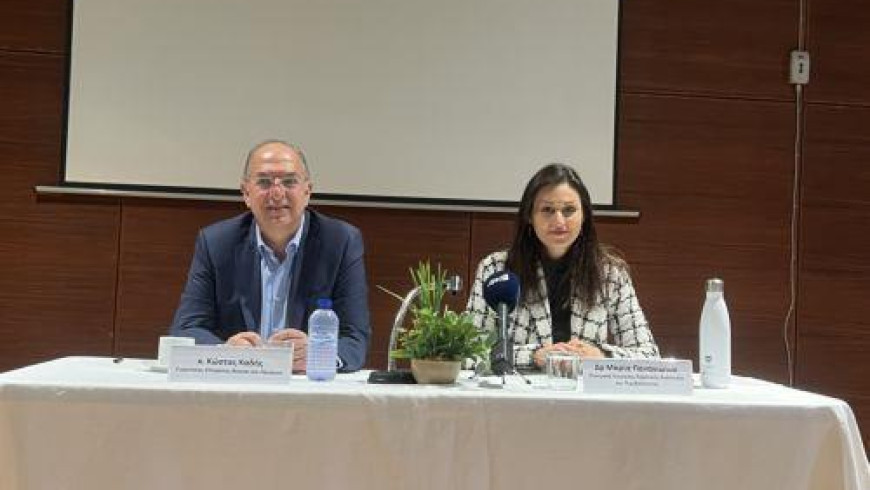
The European Commission has ranked Cyprus in the 21st place out of the 27 member states in terms of gender equality, according to the Commissioner for Gender Equality, Josie Christodoulou. During the presentation of the National Strategy for Gender Equality 2024-26 in Nicosia on Monday, Christodoulou stated that achieving full and substantive equality in Cyprus would take 86 years.
The Commissioner highlighted that the strategy encompasses 13 thematic areas and 66 actions, emphasising that these actions are interconnected and there’s holistic approach to their implementation.
"The strategy is designed in such a way that most actions are interrelated, and their implementation is comprehensive. We have already begun to implement actions in various areas," she added.
Christodoulou noted that the new National Strategy for Gender Equality is a continuation of the National Action Plan 2019-2023, taking into account the progress achieved in the Republic of Cyprus and global challenges affecting the daily lives of citizens, both women and men.
"The National Strategy is the key policy document for gender equality between women and men and serves as the guiding principle for all stakeholders and state policies," she stressed.
The Commissioner pointed out that the Strategy is the result of collaboration and consultation with all ministries, deputy ministries, the National Mechanism for Women's Rights, civil society, employers' organizations, trade unions, and academic institutions.
Based on national and European legislation and policies, the new National Strategy for Gender Equality came into effect in January 2024, following a decision by the Cabinet. Coordination, monitoring, and evaluation of the strategy have been entrusted to the Commissioner for Gender Equality.
Christodoulou stressed that close collaboration with all Ministries and Deputy Ministries is strengthened under the Strategy. Gender Equality Officers have been appointed in all Ministries and Deputy Ministries to coordinate and collaborate on the implementation of targeted policies, measures, and actions, she added.
Recognising the significant role of civil society in implementing the strategy, the Commissioner emphasised continuous and reciprocal communication, suggestions, and the exchange of ideas with the National Mechanism for Women's Rights.
An essential element of the strategy, according to Christodoulou, is assessment, accountability, and transparency.
Moreover, the Commissioner said that relevant authorities would be called upon to submit progress reports, including quantitative and qualitative gender-disaggregated data, and other useful information regarding the progress of implementing the strategy within their areas of responsibility.
Based on the above, she continued, the Office of the Commissioner for Gender Equality, in collaboration with an inter-ministerial committee, will prepare a final report for submission to the Cabinet.














 3287.99
3287.99 1275.09
1275.09
